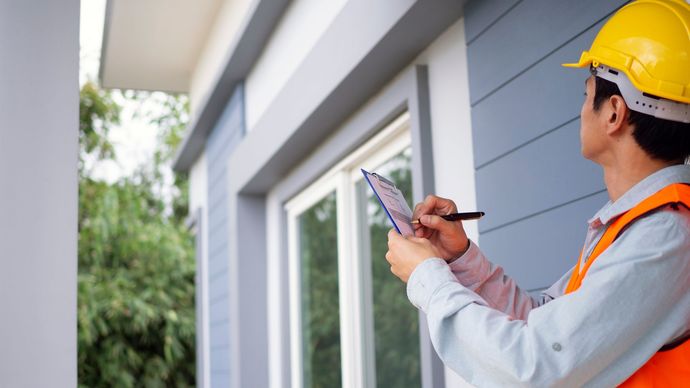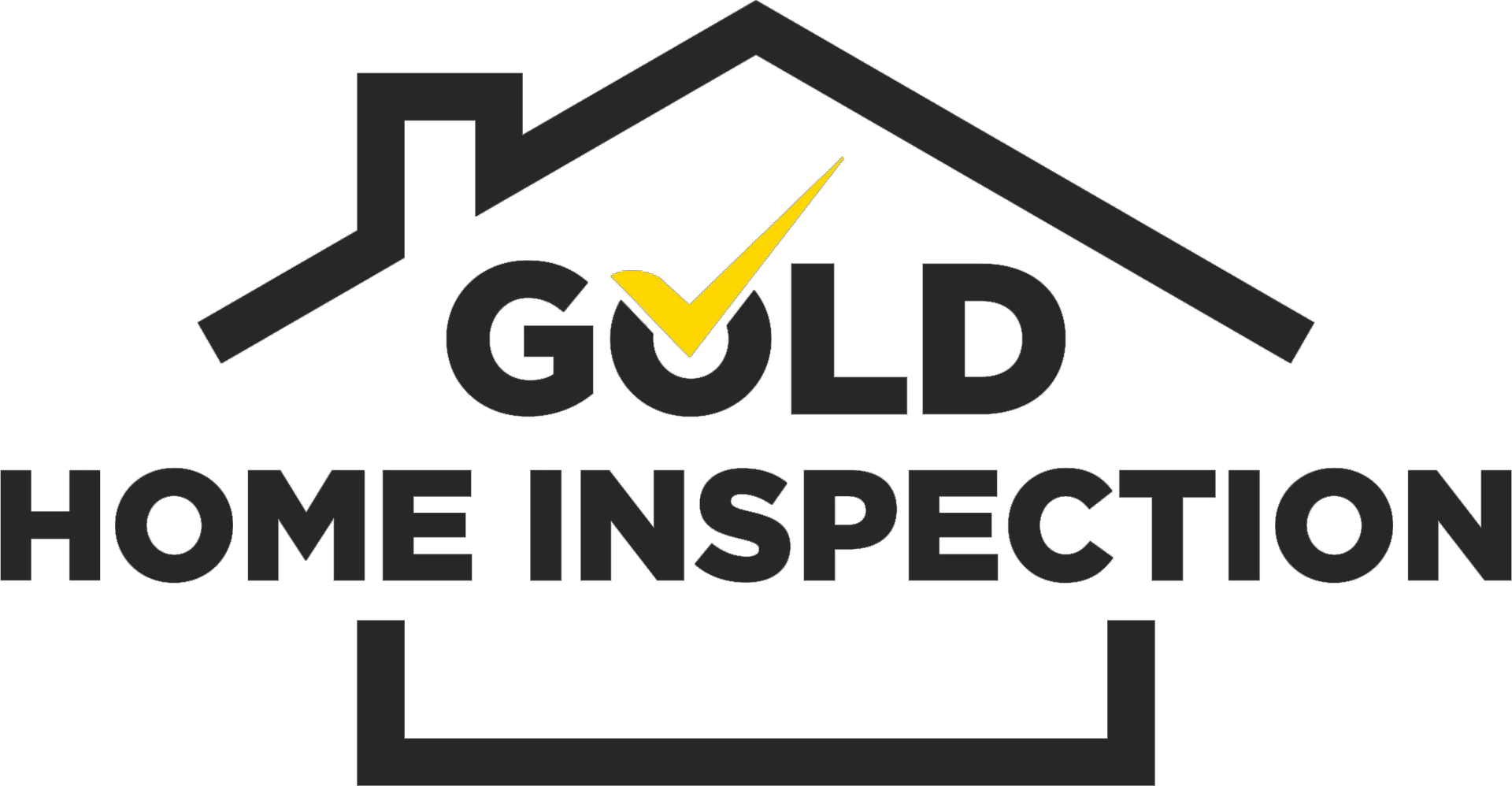Gold Home
Inspection
We offer professional and reliable Home Inspection services, with 14 types of Home Inspections and real life experience, we are a partner you can trust.
Call or text anytime: (502) 356-0042
Years of Experience
Inspections Performed
5-Star Reviews
Years of Experience
WHY CHOOSE GOLD HOME INSPECTION
Marty Goldsmith CPI
I have expertise in all phases of Home Inspections including but not limited to roofs, HVAC, foundation, electrical and structural issues. I have taken over 300 hours of continuing education along with numerous training seminars. I have inspected small efficiency units and elegant estates, all receive the same top quality service and detail. We enjoy working with homeowners, first time buyers and investors. We have professional reporting software, top quality equipment, and an array of services, which will find any issues with your home. Contact me anytime to discuss your new home purchase or investment property objectives. I can be reached by phone or text at 502.356.0042.
Kentucky Home Inspector License 266196
Certified Professional Inspector 21060317
FHA 203-K Certification A-2309
RRP-F269925-1
REVERT Certified
What We Offer
Buyers Inspection
We inspect the heat, air, plumbing, electrical, roof foundation, twenty-three different components. Most buyers elect to have Radon and termite inspections.
Sellers Inspections
The objective of this type of inspection is to find unknown defects in a home before its listed for sale and make necessary repairs and to prevent problems once the home is in escrow.
Radon Inspection
Radon is the second largest cause of lung cancer and Kentucky has the nation’s sixth highest rate of Radon. For this reason, we always recommend a radon test be part of every home inspection for buyers.
Termite Inspection
The goal of this inspection is to exam the home and structure for evidence of wood destroying termites. Termite damage can be very expensive and should be part of every home buyers inspection checklist.
Section 8 Inspection
Investors retain us to inspect properties prior to inspections conducted by Section 8. We can help you pass the required standards of Section 8.
Insurance Inspections
This includes maintance of the property and occupany of the home. Gold Home Inspection works with several insurance compaines and third party companies on these requirements.

Muso M.

Damon H.

Aarika S.

Parul S.

Contact Now
Email Us
Gold home inspection
Request Information
Contact Us
We will get back to you as soon as possible.
Please try again later.



